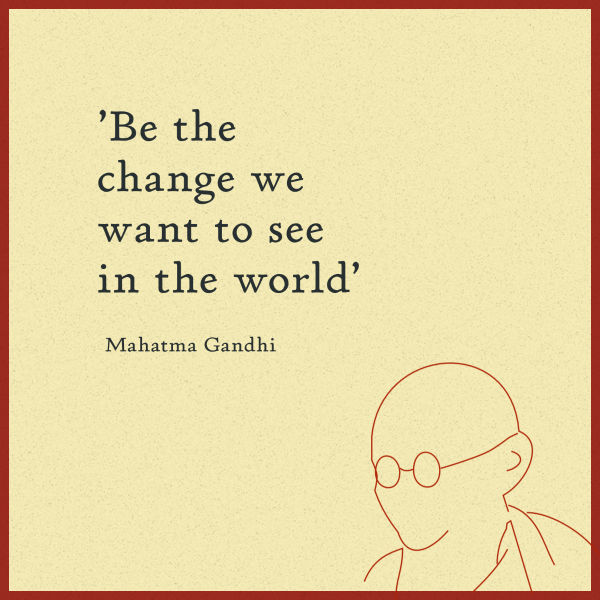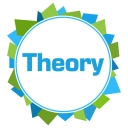If not NOW, maybe never!
It's the time of year that we associate with resolutions about personal change. The breaks offered by the Christmas and New Year holidays provide rare moments of respite in a busy life: a brief period of reflective opportunity to refresh your own spirit; to gather yourself before plunging back into the kaleidoscopic frenzy of a complex working environment.
Because leaders are, above all, agents of progress, re-invention is a requirement for those who accept the responsibility of leading. If leaders are not going somewhere, they are going nowhere: the passive casualties of inertia.

However, the complication they encounter is that any institutional change they conceptualise has to be implemented by the people whom they lead . However, none of us can change other people. Hence Gandhi's pithy exhortation to 'be the change we want to see in the world'. When the leader changes, things around them change too. Without the willingness to re-invent self, the leader's contribution is minimal.
As you will know, it requires determination to change yourself during the cascading flow of institutional life. The expectations of the people around you tend to lag behind the changes you are fashioning in your mind. They only know the 'you' they are familiar with - the 'old you', not the person you are becoming. You can easily be normalised by their expectations so that the changes you are dreaming become dim. The normality of the daily grind replaces the hope for the future. It's easiest to just carry on in the way that you always have.
That's why personal change has to pivot around seminal moments of resolution. The turn of the year, the start of the term, the energy gathered after a time of relative quiet or a personal milestone; these are all moments for the leader to say to himself or herself: "If not NOW, maybe never!"

A process for personal re-invention
If you need a vehicle for personal reflection and re-invention, you might like to try this one designed by Barnes Boffey1. It poses two sets of 4 questions. The order of the questions is intentional.
Set 1: Reflecting on the last 12 months of your leadership:
- What are the actions that have demanded most of your attention and time in the recent past?
- What has been the chief focus of your thinking and visioning during this time?
- What feelings and emotions have been most associated with your recent leadership endeavours?
- What unpleasant physiological states are you conscious of at work?
Set 2: Designing the next 12 months of your leadership:
- What kinds of physiology would keep you energised in the coming months?
- What feelings or emotions would you like to be associated with your leadership efforts?
- What thinking, visioning and reflective conversations will you benefit from in the period ahead?
- What will be most notable about the new actions you will take this year?
1Barnes D Boffey: 'Reinventing Yourself : Becoming the Person You Want to Be' New View Publications 1993










